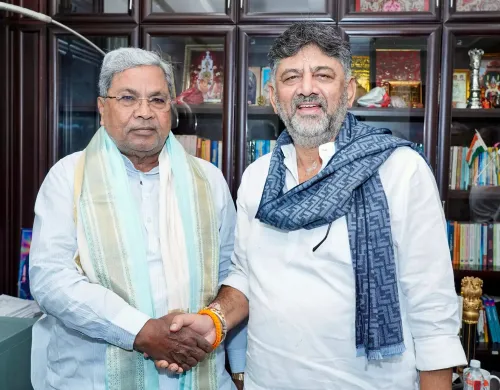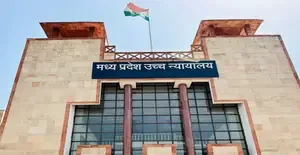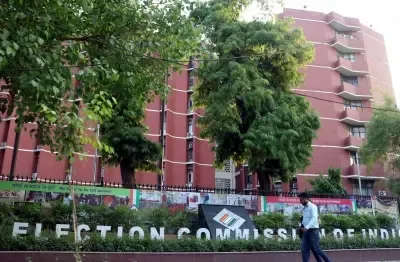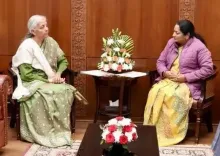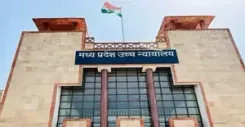India Accelerates Extradition of Tahawwur Rana, Accused in the 26/11 Mumbai Attacks from the United States
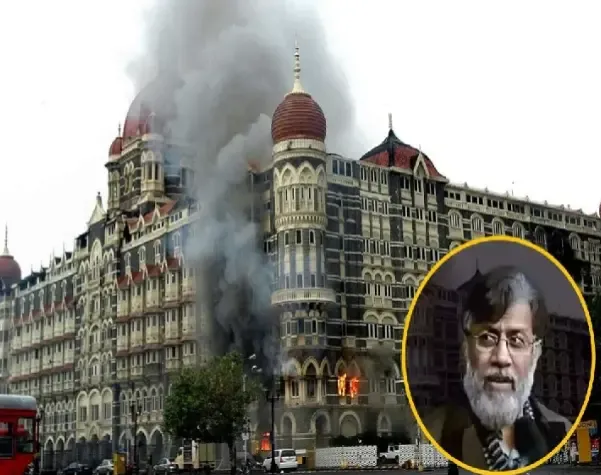
New Delhi/Mumbai/New York, Jan 1 (NationPress) Pakistani-Canadian Tahawwur Rana might soon be sent back to India due to his involvement in the 2008 Mumbai terror attacks that claimed around 175 lives, as confirmed by sources from the National Investigation Agency (NIA) and the Mumbai Police crime branch on Wednesday.
The process for extradition has gained momentum following a ruling from a federal appeals court in the US, which dismissed Rana's appeal last August.
The Ninth Circuit Court of Appeals in California upheld a lower federal court's decision that permitted his extradition, asserting that the 1997 extradition treaty between India and the US encompasses his alleged crimes.
A three-judge panel reviewed a habeas corpus petition concerning the Central California District Court's ruling that authorized Rana's extradition.
Judge Milan Smith, who authored the opinion for the panel, stated that India provided sufficient competent evidence to substantiate the original magistrate judge's determination of probable cause that Rana committed the alleged crimes, thereby allowing the extradition.
Rana, a Canadian national residing in Chicago, was apprehended in the US in 2009 for planning to bomb the Danish newspaper 'Jyllands-Posten', which published a contentious image of Prophet Mohammed.
He faced three significant charges in a Chicago federal court related to his involvement in the Danish incident, aiding Lashkar, and conspiring in the 26/11 Mumbai attacks.
Although he was acquitted of the Mumbai attack charge, he was convicted on the other two counts and sentenced to 14 years.
The appeals court determined that his acquittal concerning the Mumbai attack did not obstruct his extradition since he faces multiple different charges in India.
These charges encompass conspiracy, waging war, murder, terrorism, and forgery, as noted in the judgement.
Rana was released after serving seven years due to compassionate grounds during the Covid pandemic, after which India sought his extradition to undergo trial, a request that was approved by the magistrate judge.
Rana is a former Pakistan Army doctor who established an immigration service after moving to Canada.
His extradition would represent a partial achievement of India’s efforts to bring US-based Lashkar-e-Taiba associates to justice, as the US had previously denied extraditing Rana's Pakistani-American accomplice, Daood Gilani, known as David Headley.
Headley, who had worked as an informant for the US government’s Drug Enforcement Agency, struck a deal to cooperate with the US government after admitting to 12 terrorism-related charges, under the condition that he would not be extradited.
The ruling indicated that Rana assisted Headley in obtaining a five-year visa for India under the guise of establishing a business branch there.
Headley utilized this visa to aid in planning the Lashkar terror attack by surveilling the Taj Hotel and other targets. The judgement stated that Headley informed Rana about the surveillance activities.
Judge Smith also highlighted in the ruling that Rana praised the terrorists who executed the attacks and conveyed that the people of India 'deserved it.'


